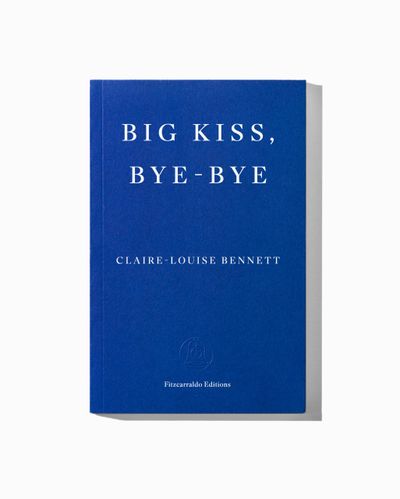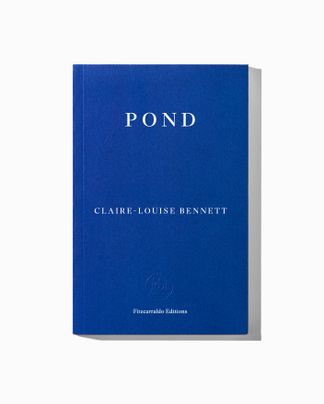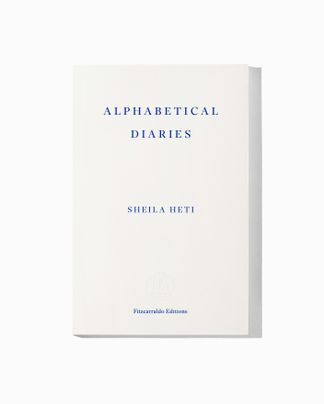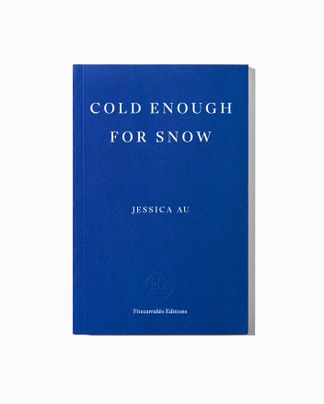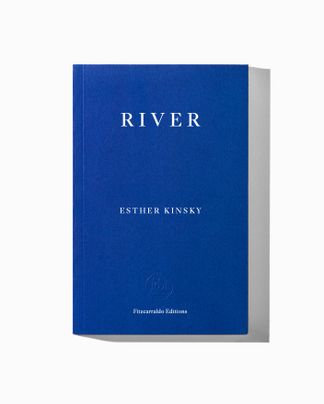The things that hold life in place have been lifted off and put away. Uprooted by circumstance from city to deep countryside, a woman lives in temporary limbo, visited by memories of all she’s left behind. The most insistent are those of Xavier, who has always been certain he knows her better than anyone, better than she knows herself. Xavier, whom she still loves but no longer desires, a displacement he has been unable to accept. An unexpected letter from an old acquaintance brings back a torrent of others she’s loved or wanted. Each has been a match and a mismatch, a liberation and a threat to her very sense of self. The ephemera left by their passage – a spilled coffee, an unwanted bouquet, a mind-blowing kiss – make up a cabinet of curiosity she inventories, trying to divine the essence of intimacy. What does it mean to connect with another person? What impels us to touch someone, to be touched by them, to stay in touch? How do we let them go? In yet another tour de force of fiction, Claire-Louise Bennett explores the mystery of how people come into and go out of our lives, leaving us forever in their grasp.
Financial Times Books of the Year 2025 | Times Literary Supplement Books of the Year 2025 | New Yorker Books of the Year 2025 | Irish Times Books of the Year 2025 | Stylist Books of the Year 2025

